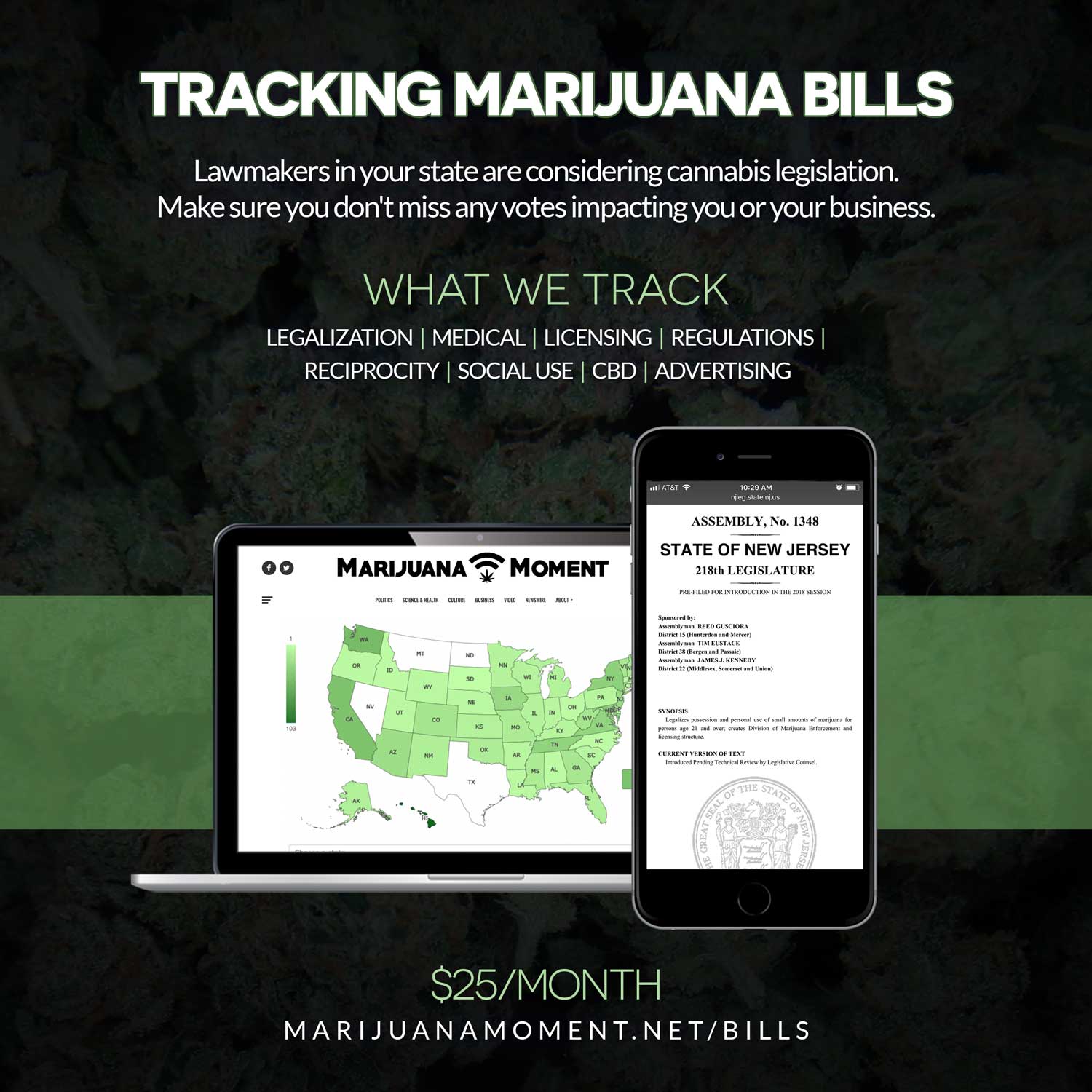Volkswagen is teaming up with a German hemp company to produce a cannabis-based leather alternative for its vehicles.
In the interest of exploring sustainable materials for its cars, Volkwagen announced last week that it will be working with the start-up business Revoltech GmbH to incorporate hemp into its automobile manufacturing, potentially beginning with its 2028 models.
This comes months after Germany’s marijuana legalization law went into effect.
The industrial hemp that’s being used to produce the leather alternative will be sourced from regional farms. Volkswagen said the material will be “100 percent bio-based hemp uses residues” that cannabis cultivators no longer have use for.
“In our search for new materials, we are very open to new ideas from many different industries,” Kai Grünitz, Volkswagen’s brand board member for technical development, said in a press release. “At Technical Development, we place a strong focus on innovative, creative and sustainable solutions for holistic, resource-saving vehicle development.”
The hemp material will be “leather-free, oil-free, vegan and residue-based,” or LOVR, the company said. Residual hemp fiber will be “combined using a special technology and processed to become a surface material.”
Andreas Walingen, head of strategy at Volkswagen, said the company’s “clear goal is to fuse customer wishes, sustainability requirements and corporate interests.”
Because the hemp residue can be sourced from farms that are already producing the crop, that means it can be more easily incorporated into large-scale manufacturing.
“Our innovative surface material called LOVR that we are developing and testing for the automotive industry in cooperation with Volkswagen is scalable and groundbreaking for sustainability in the automotive sector,” Lucas Fuhrmann, CEO of Revoltech GmbH, said.
There’s been widespread global interest in leveraging hemp to produce sustainable alternatives to plastics, concrete and more.
In the U.S., for example, the U.S. Environmental Protection Agency (EPA) recently awarded a nearly $6.2 million grant to a nonprofit that works with hempcrete, a concrete-like material that’s made with hemp.
In 2022, a separate federal agency, the Department of Energy (DOE), awarded Texas A&M University $3.47 million to support a project to 3D print hempcrete products, with a focus on creating affordable housing.
Meanwhile, the U.S. Department of Agriculture (USDA) recently advised stakeholders about a policy change in China that will impose tighter regulations on hemp-derived CBD, though it says the new rules are expected to benefit the industry.
—
Marijuana Moment is tracking more than 1,500 cannabis, psychedelics and drug policy bills in state legislatures and Congress this year. Patreon supporters pledging at least $25/month get access to our interactive maps, charts and hearing calendar so they don’t miss any developments.
![]()
Learn more about our marijuana bill tracker and become a supporter on Patreon to get access.
—
USDA has been working to bolster the hemp industry, including by appointing a number of industry stakeholders to a federal trade advisory committee that’s meant to support efforts to promote U.S.-grown cannabis around the world.
While a USDA report found that the market started to rebound in 2023 after suffering significant losses the prior year, it’s now facing uncertainties as congressional lawmakers on the House side advance bills that would effectively ban most consumable hemp-based cannabinoid products—a major sector of the cannabis economy.
The Congressional Research Service (CRS) said in a report in June that hemp provisions included in one spending bill that’s moved through committee could also “create confusion” for the industry due to a lack of clarity around the type of allowable products.
Meanwhile, the latest Farm Bill that advanced through the House Agriculture Committee in May also contains provisions that would reduce regulatory barriers for certain hemp farmers and scale-back a ban on industry participation by people with prior drug felony convictions.
Specifically, it would make it so USDA, states and tribal entities could choose to eliminate a policy that prevents people with felony drug convictions in the past 10 years from being licensed to produce industrial hemp.
Lawmakers and stakeholders have also been eyeing a number of other proposals that could be incorporated into the Farm Bill—and which could come up as proposed amendments as the proposal moves through the legislative process—including measures to free up hemp businesses to legally market products like CBD as dietary supplements or in the food supply.
Recent USDA data showed a slight rebound in the hemp economy in 2023—the result of a survey that the department mailed to thousands of farmers across the U.S. in January. The first version of the department’s hemp report was released in early 2022, setting a “benchmark” to compare to as the industry matures.
Photo courtesy of Brendan Cleak.
The post Volkswagen Launches Project To Use Hemp As A Sustainable Leather Alternative For Its Car Interiors appeared first on Marijuana Moment.

